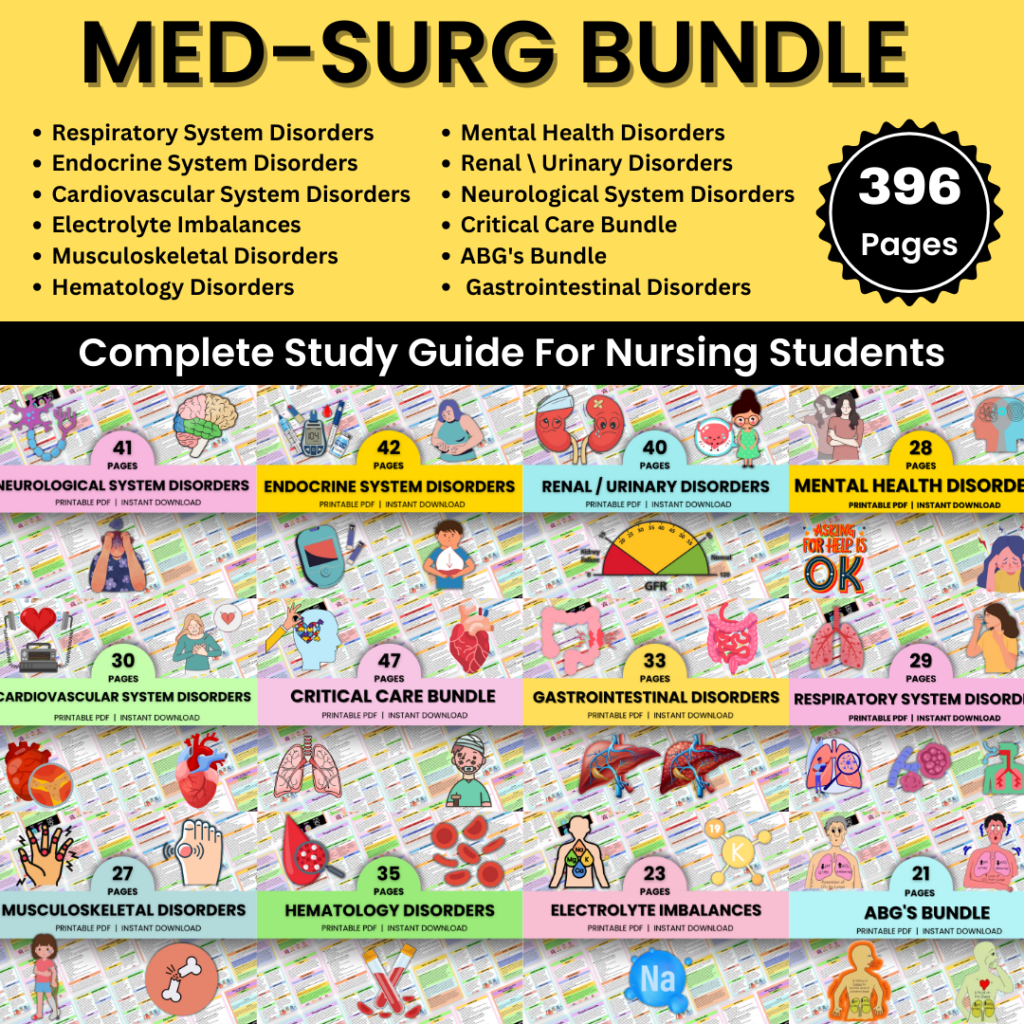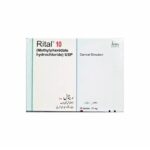The Nursing Study Guide is essential for students facing rigorous coursework, demanding clinicals, and high-pressure exams. Aspiring nurses must develop strong study habits to succeed in their programs while managing stress effectively. As we enter 2025, new tools, techniques, and strategies are available to help nursing students boost their retention and reduce stress. This Nursing Study Guide will outline the best study tips, techniques, and resources to help you excel in your nursing studies.
1. Create a Structured Study Plan
Having a well-organized study schedule is essential for success in nursing school. To create an effective study plan:
- Set clear goals: Identify what you need to study each week based on your syllabus and upcoming exams.
- Prioritize high-yield topics: Focus on the most tested and challenging subjects, such as pharmacology, pathophysiology, and patient care procedures.
- Use time-blocking: Allocate specific times for studying different subjects to maintain a balanced approach.
- Incorporate breaks: Use the Pomodoro Technique (25-50 minutes of focused study followed by a 5-10 minute break) to avoid burnout.
2. Utilize Active Learning Techniques
Passive reading is not the most effective way to retain information. Instead, use active learning strategies:
- Teach-back method: Explain concepts to a friend or family member to reinforce your understanding.
- Use concept maps: Visualize relationships between different medical conditions, treatments, and symptoms.
- Engage in group discussions: Study groups can help you learn different perspectives and clarify doubts.
- Apply real-world scenarios: Relate theoretical knowledge to clinical situations to enhance understanding.
3. Leverage Technology & Digital Tools
Technology has revolutionized nursing education, providing a range of apps and online resources to support learning:
- Nursing apps: Apps like UptoDate, Picmonic, and Medscape offer valuable information on diseases, drugs, and medical procedures.
- Flashcard apps: Tools like Anki and Quizlet help reinforce key concepts through spaced repetition.
- Online courses and videos: Platforms like Khan Academy, Simple Nursing, and Osmosis provide in-depth video explanations.
- Virtual simulations: Online clinical simulation tools help enhance decision-making and critical thinking skills.
4. Master Pharmacology with Mnemonics & Memory Tricks
Pharmacology is one of the toughest subjects in nursing school. Use the following strategies to master it:
- Mnemonics: Create acronyms and rhymes to remember drug classifications and side effects (e.g., “BANANA” for beta-blockers: Bradycardia, AV block, No asthma, AV conduction, No abrupt stop, Additive effect with other depressants).
- Color-coded notes: Highlight different drug categories and adverse effects in various colors.
- Practice quizzes: Regularly test yourself using NCLEX-style pharmacology questions.
- Storytelling technique: Create stories linking drugs to their effects to improve recall.
5. Improve Note-Taking Skills
Effective note-taking is key to retaining information. Some popular note-taking methods include:
- Cornell Method: Divide your page into sections for main points, details, and a summary.
- Mind Mapping: Create visual diagrams connecting key concepts.
- Outline Method: Organize notes in a hierarchical structure for easy review.
- Digital Notes: Use apps like OneNote, Notion, or Evernote to organize and access notes from anywhere.
6. Strengthen Test-Taking Strategies
Nursing exams, especially the NCLEX, require critical thinking. Use these strategies to improve test performance:
- Understand the question format: Focus on prioritization, delegation, and patient safety questions.
- Eliminate wrong answers: Use process-of-elimination techniques to narrow down choices.
- Read carefully: Watch out for keywords like “first,” “best,” “most important,” and “except.”
- Practice NCLEX-style questions: The more practice questions you answer, the better prepared you’ll be.
7. Maintain a Healthy Study-Life Balance
Managing stress is essential for academic success and overall well-being. Here’s how to maintain balance:
- Exercise regularly: Physical activity boosts cognitive function and reduces anxiety.
- Eat nutritious meals: A balanced diet supports brain health and energy levels.
- Get enough sleep: Aim for at least 7-8 hours of sleep per night to improve memory and concentration.
- Practice mindfulness and relaxation: Techniques like deep breathing, yoga, and meditation can help manage stress.
- Seek support: Don’t hesitate to talk to professors, advisors, or counselors if you need academic or emotional support.
8. Utilize Nursing Study Guides & Resources
Numerous study guides and textbooks can help reinforce your learning. Some recommended resources include:
- Saunders Comprehensive Review for the NCLEX-RN
- Davis’s Drug Guide for Nurses
- Nursing Diagnosis Handbook by Ackley & Ladwig
- Mosby’s Dictionary of Medicine, Nursing & Health Professions
- Rationales-based NCLEX practice books
9. Stay Motivated & Avoid Burnout
Nursing school is a marathon, not a sprint. Stay motivated by:
- Setting short-term and long-term goals
- Celebrating small achievements
- Finding a study buddy or mentor
- Keeping a positive mindset
10. Final Exam Prep Strategies
As exams approach, follow these last-minute study strategies:
- Revise key concepts: Focus on high-yield topics and weak areas.
- Simulate test conditions: Take full-length practice exams to build stamina.
- Use active recall: Test yourself instead of passively reviewing notes.
- Stay calm: Avoid last-minute cramming and prioritize rest before the exam.
Conclusion
Succeeding in nursing school requires dedication, effective study techniques, and self-care. By implementing this Nursing Study Guide in 2025, you can boost retention, reduce stress, and confidently achieve your nursing career goals. Stay disciplined, use the right resources, and remember that persistence is key to success!



